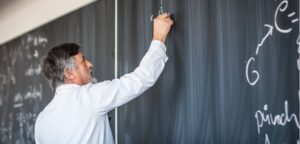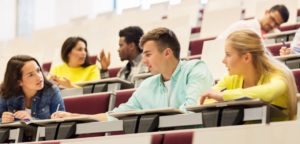
Shifting the Lens from Effectiveness to Faithfulness in Learning Design
When our teaching focuses entirely on learning outcomes, we can become narrowly focused on seeing our students as skillsets. This can lead us to break learning into smaller and smaller parts so that we can successfully measure student “success.” But if, as Palmer emphasizes, we











